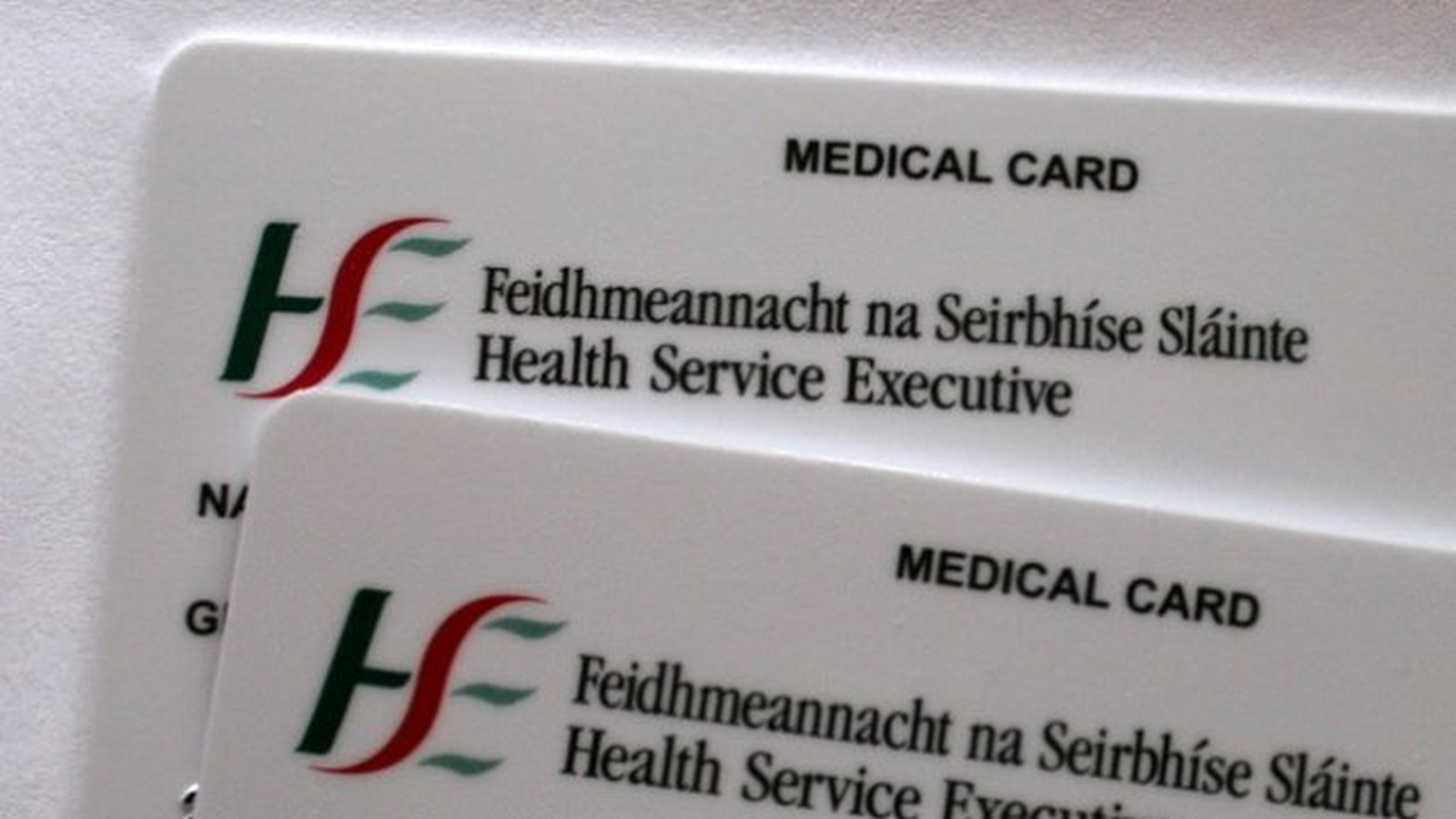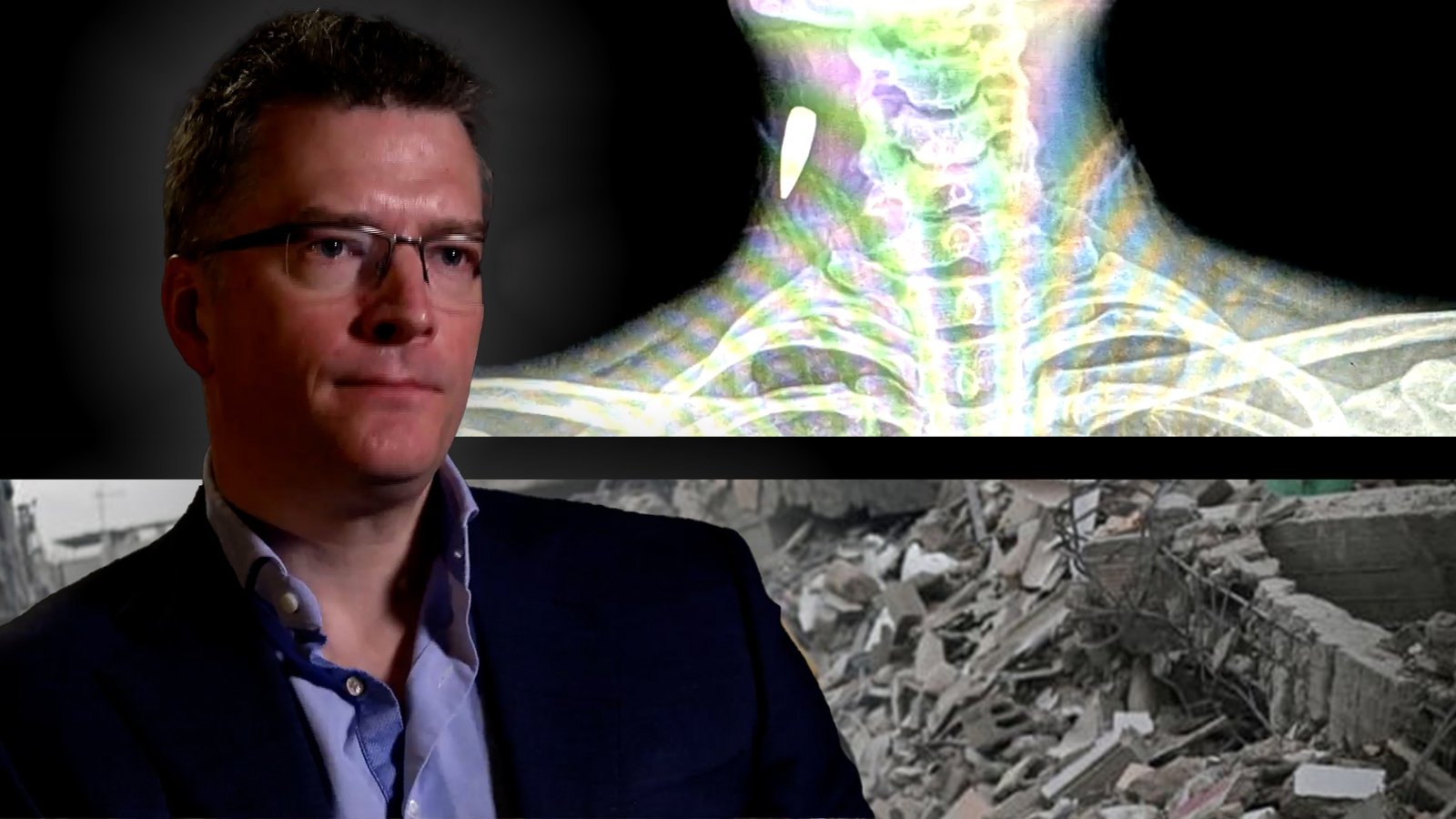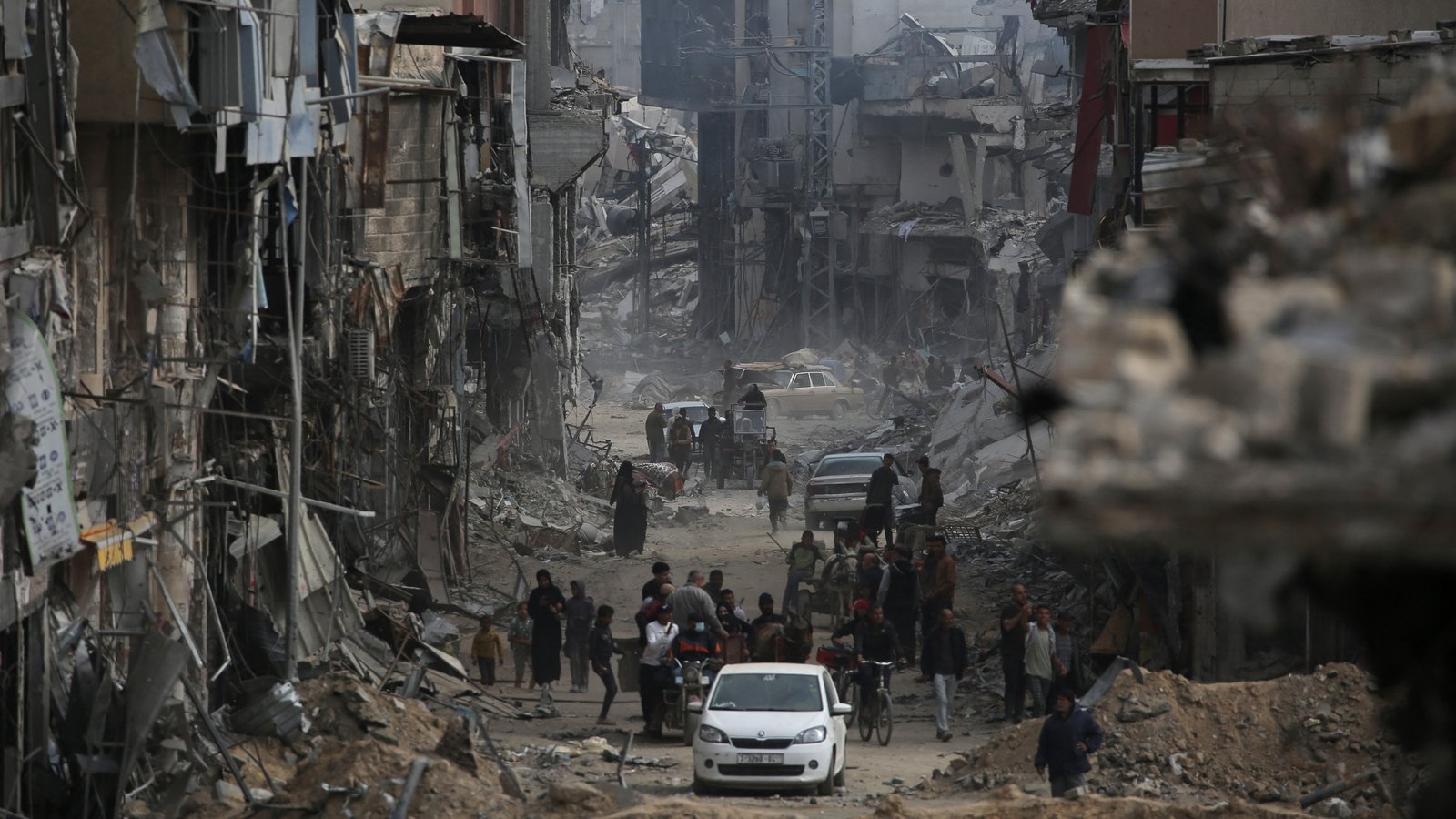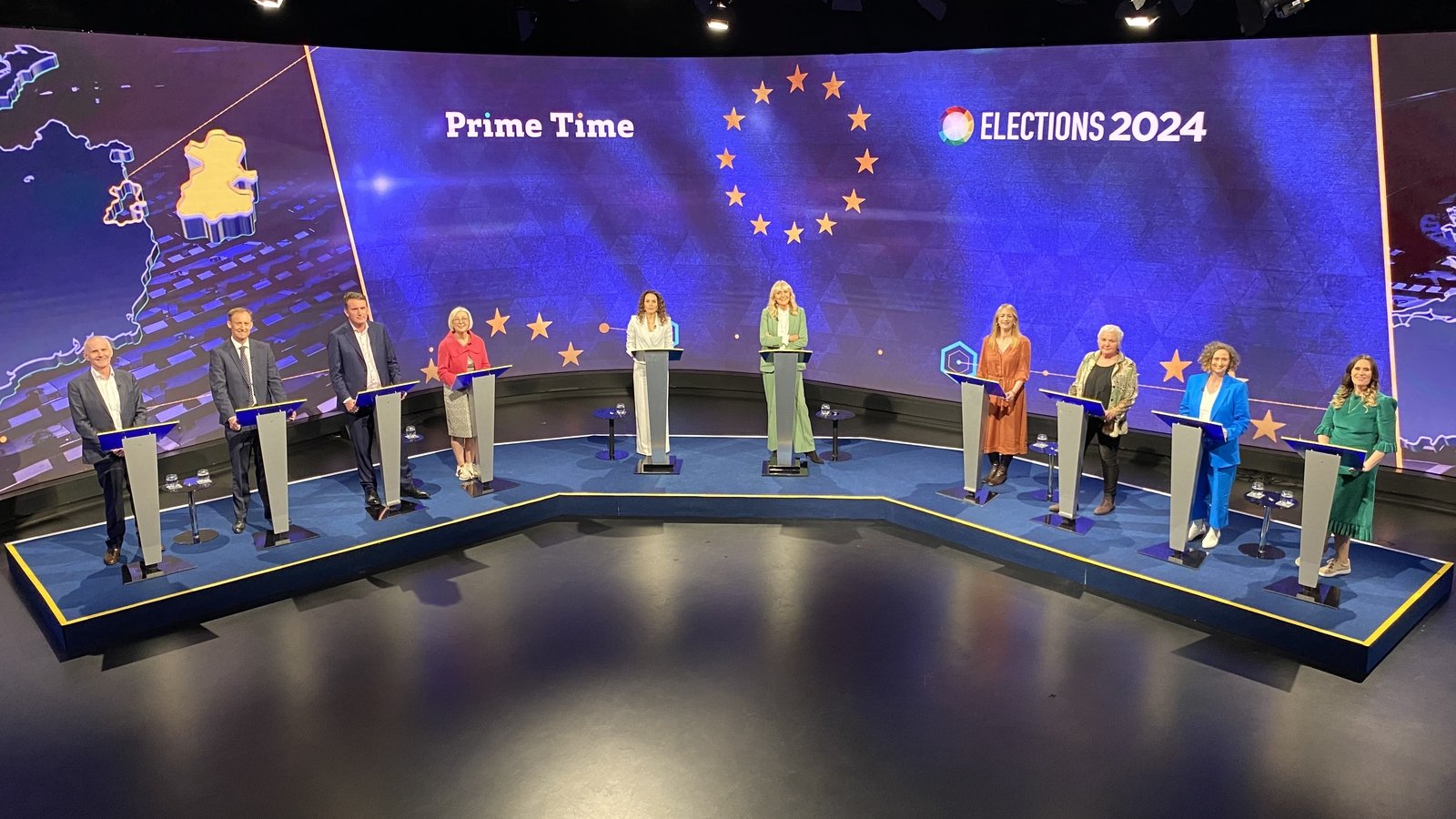Five other things we’ve learned from the State Papers
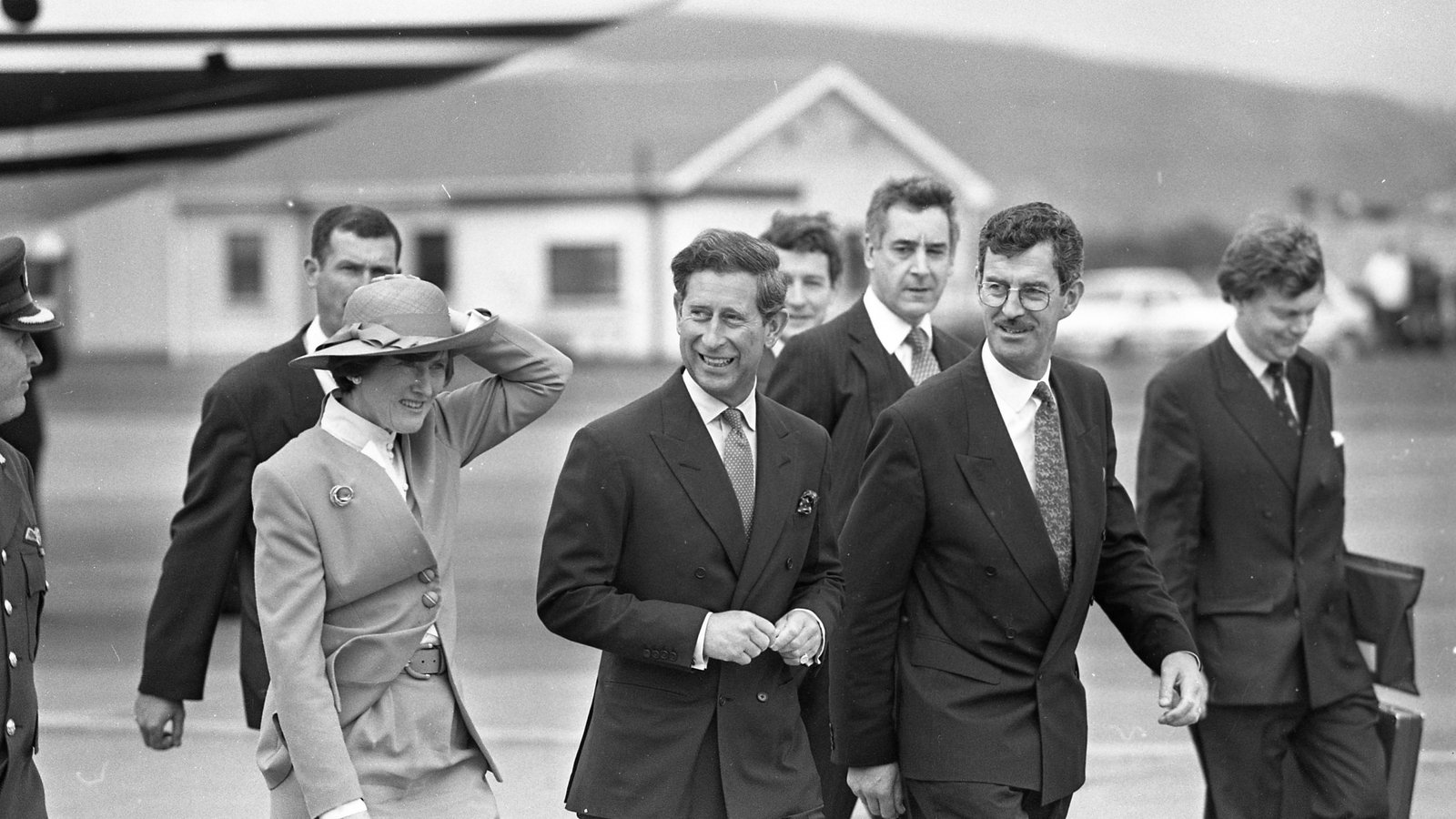
Every year, the release of State Papers around Christmas time draws a flurry of interest as stories that many may have forgotten resurface.
Some of the main stories to re-emerge have been covered elsewhere, but here are five other things we learned from this year’s archive release:
Ambassador’s concern at BBC plans
Veronica Sutherland, the first woman British ambassador to Ireland, was distinctly unimpressed by BBC plans to make a TV series – about a woman British ambassador to Ireland. She complained to the producer of the show that viewers would not believe it was entirely fictional, she was worried it could upset the Irish government, and that it might “provoke hostility or even violence against the building or personnel who work here.”
She tipped off the Irish Government that the series was being planned. Secretary to the Government, Frank Murray, wrote to say he hoped “the end result will not live up (or down) to your worst expectations.” The Ambassador, starring Pauline Collins, ran for two seasons on the BBC in 1998 and 1999. [2022/45/435]
Trinity Chancellor ‘insulted’ by snub
The Chancellor of Trinity College was “highly insulted” not to be invited to the inauguration in December 1990 of President Mary Robinson, a graduate of the College who had represented it in the Seanad for many years. Frank O’Reilly did not receive an invitation, even though the Chancellor of the National University of Ireland, T.J. Whitaker, did.
Trinity thought the omission “very strange” and demanded an apology from the Department of the Taoiseach – which it did not receive. [2023/47/2503]
Dutch donation deemed decadent
The Dutch Government was so impressed by the Garda handling of the 1975 kidnapping of Dr Tiede Herrema that it wanted to donate £5,000 (the equivalent of around €50,000 today) to the Garda Benevolent Fund. However, officials in the Department of Foreign Affairs were not impressed, insisting that the donation was “far too large”. [2023/47/4]
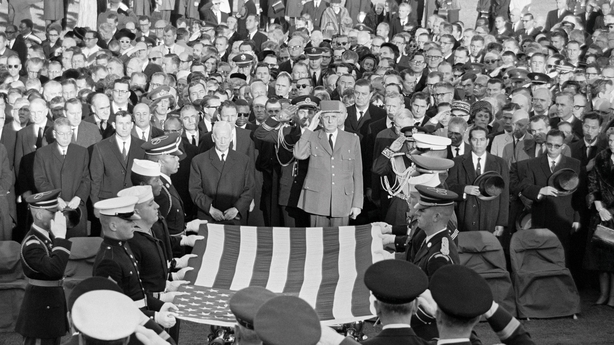
Cadets left footing bill for Kennedy trip
Irish Army cadets played a big role in the November 1963 funeral of assassinated President John F. Kennedy. The President had been impressed by their drill on his visit to Ireland, and his widow phoned the Irish Ambassador from the White House, just hours after returning from Dallas where her husband had been killed, to ask them to attend the funeral. But the Department of Finance later pursued the cadets for the return of dollars they had been given for the trip. The money was used to cover “casual meals and refreshments”, but they had no receipts, so each cadet had to cough up around $10.
A different approach was taken with Army Chief of Staff Lieutenant-General Sean MacEoin, who travelled with the cadets. He had no receipts for $112 spent on dinner for US Army officers, and on “informal entertainment which he considered was unavoidable”, but the Department of Defence agreed to cover these costs rather than have the General pay out of his own pocket. [2023/47/2281]
Ryan’s rush to reach US funeral
Kennedy’s funeral also saw another drama, when the late President’s distant cousin, Mary Ann Ryan, had to be rushed to Shannon to catch a transatlantic flight. Ms Ryan – who had poured tea for the President during his visit to the ancestral home in Dunganstown, Co Wexford – couldn’t be found in time to travel out with the cadets. But the American Embassy in Dublin managed to have a later direct flight from London to New York diverted to Shannon, and gardaí made sure she got to the Airport in time. [2023/47/2281]
By David McCullagh and Shane McElhatton


